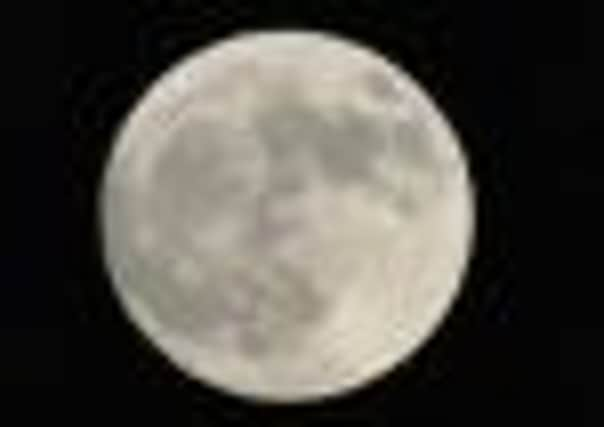‘Help us as we survey the night sky’


CPRE dark skies campaigner Emma Marringto said: ‘The survey will help us measure the extent of light pollution. We want to use this evidence to convince ministers and local councils of the need to take action to tackle it, for example by ensuring that the correct lighting is used only where it is needed and when it is needed. This would cut light pollution, reduce carbon emissions and save money at the same time. Some local councils are already taking action to tackle light pollution in their areas, we need more to do the same.”
You can take part on any night between Friday and next Saturday, February 16.
Advertisement
Hide AdAdvertisement
Hide AdLocate the Orion constellation, which is in the southern night sky (the direction that satellite dishes face). The main area of the constellation is bounded by four bright stars. Your count should not include the four corner stars – only those within the rectangular boundary – but do include the stars in the middle known as Orion’s three-star belt – see illustration at www.cpre.org.uk
It is recommended that observations are made after 7pm so the sky is sufficiently dark. Try to do your count on a night when the sky is clear, with no haze or clouds. People should make a count of the number of stars seen with the naked eye (not with telescopes or binoculars) and then simply complete the online survey form: www.cpre.org.uk/starcount